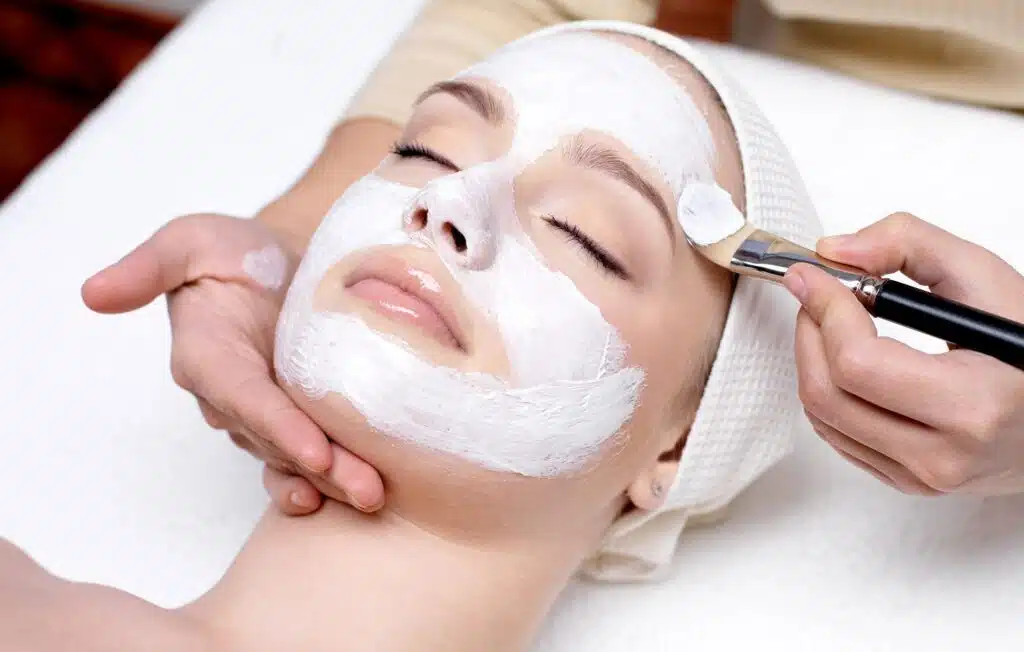Achieving beautiful, glowing skin is a goal for many, but with the overwhelming amount of products and advice available, it can be challenging to know where to start. The good news is that effective skincare doesn’t have to be complicated. Here are some of the best skincare tips that can help you enhance your beauty regimen and promote healthy skin.
1. Understand Your Skin Type

The first step in any skincare routine is to identify your skin type—whether it’s oily, dry, combination, or sensitive. This knowledge will guide you in selecting the right products. For instance, if you have oily skin, look for oil-free moisturizers and non-comedogenic products that won’t clog pores.
2. Stick to the Basics
A simplified skincare routine can yield remarkable results. Focus on the three core steps: cleansing, toning, and moisturizing (CTM). Cleanse your face twice daily to remove dirt and impurities, tone to balance your skin’s pH levels, and moisturize to keep your skin hydrated.
3. Always Use Sunscreen

Protecting your skin from UV damage is crucial. Apply a broad-spectrum sunscreen with at least SPF 30 every day, even when it’s cloudy or if you’re indoors (as UV rays can penetrate windows). This protects against premature aging and skin cancer.
4. Exfoliate Regularly
Exfoliation helps remove dead skin cells that can dull your complexion. Aim to exfoliate once a week using gentle scrubs or chemical exfoliants like AHAs or BHAs. Over-exfoliating can irritate the skin, so moderation is key.
5. Hydrate from Within
Drinking plenty of water is essential for maintaining skin hydration. Aim for at least eight glasses a day and consider incorporating foods rich in antioxidants, such as fruits and vegetables, which can enhance your skin’s radiance.
6. Incorporate Active Ingredients

Consider adding serums containing active ingredients like vitamin C for brightening and retinol for anti-aging benefits into your routine. These ingredients can significantly improve skin texture and tone when used consistently.
7. Get Enough Sleep
Quality sleep is vital for skin repair and regeneration. Aim for 7-9 hours of sleep each night to allow your body—and your skin—to recover from daily stressors. Sleep deprivation can lead to dullness and increased signs of aging.
8. Manage Stress Levels
Chronic stress can negatively impact your skin, leading to breakouts or exacerbating conditions like eczema or psoriasis. Incorporate stress-reducing activities into your routine such as yoga, meditation, or regular exercise.
9. Avoid Hot Water
When cleansing your face or showering, opt for lukewarm water instead of hot water, which can strip natural oils from the skin and lead to dryness and irritation.
10. Be Consistent
Consistency is key in any skincare regimen. Stick to your routine daily and give products time to work—most active ingredients take several weeks to show visible results.
Also Read : Natural DIY Skin Care Tips For Radiant Skin
Conclusion
Beautiful skin is a reflection of good care and healthy habits. By understanding your skin type, following a simple yet effective skincare routine, protecting against sun damage, and maintaining a balanced lifestyle, you can achieve radiant skin that enhances your overall beauty. Remember that patience and consistency are essential; results may take time but are well worth the effort.
FAQs
How often should I cleanse my face?
It’s recommended to cleanse your face twice daily—once in the morning and once before bed—to remove impurities.
What should I do if I have sensitive skin?
Use fragrance-free products designed for sensitive skin and perform patch tests before trying new products.
Can diet affect my skin’s appearance?
Yes! A balanced diet rich in antioxidants, vitamins, and hydration can significantly improve the health and appearance of your skin.
Is it necessary to use both a toner and a moisturizer?
While not mandatory, using both can enhance hydration levels; toners help prepare the skin for better absorption of moisturizers.
What are some signs that I need to change my skincare routine?
If you notice increased breakouts, dryness, or irritation after using certain products, it may be time to reassess your routine.
How do I choose the right sunscreen?
Look for broad-spectrum sunscreens with an SPF of at least 30 that suits your skin type—gel formulas are great for oily skin while creams work well for dry skin.





